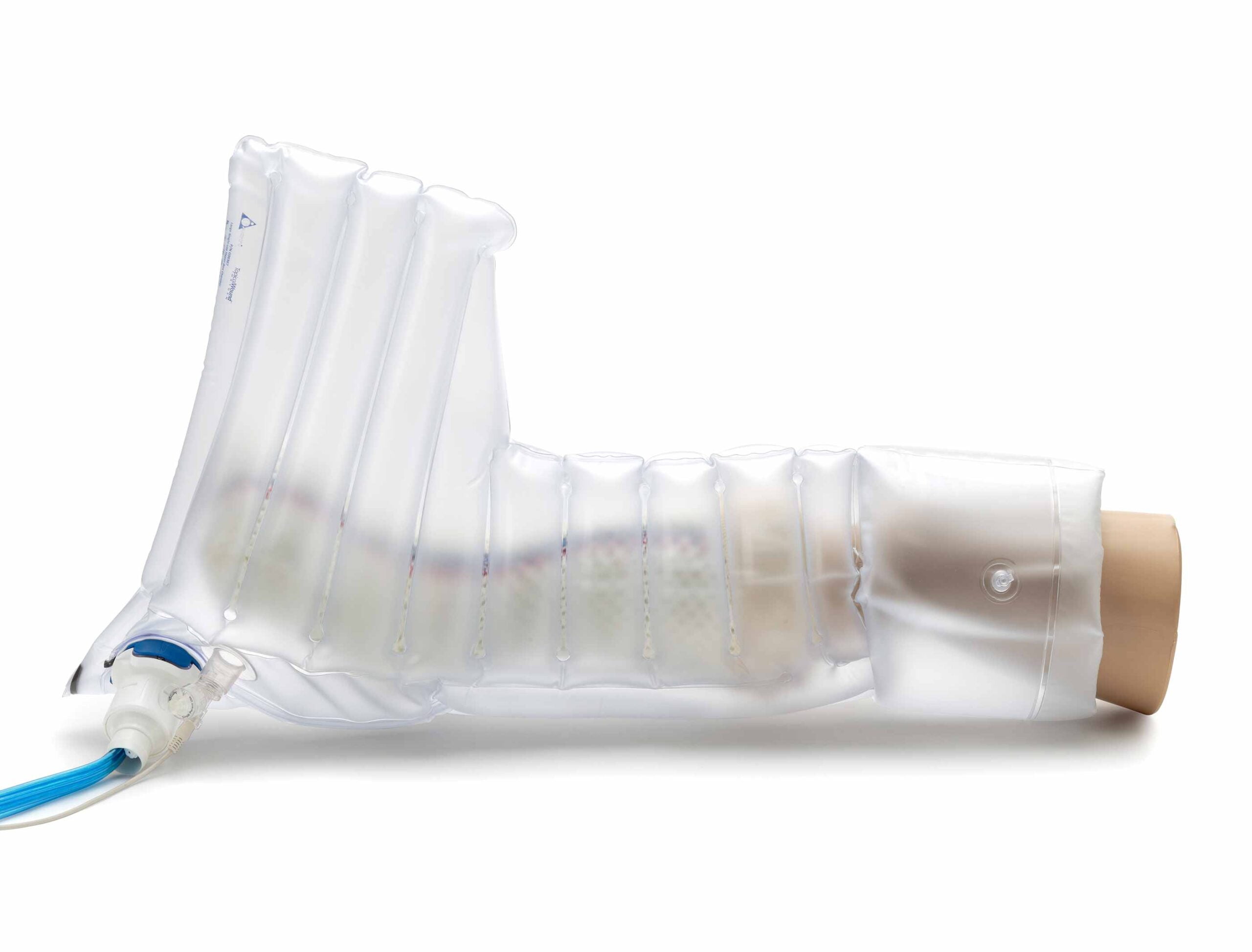Normal
0
false
false
false
EN-US
X-NONE
X-NONE
/* Style Definitions */
table.MsoNormalTable
{mso-style-name:”Table Normal”;
mso-tstyle-rowband-size:0;
mso-tstyle-colband-size:0;
mso-style-noshow:yes;
mso-style-priority:99;
mso-style-qformat:yes;
mso-style-parent:””;
mso-padding-alt:0in 5.4pt 0in 5.4pt;
mso-para-margin-top:0in;
mso-para-margin-right:0in;
mso-para-margin-bottom:10.0pt;
mso-para-margin-left:0in;
line-height:115%;
mso-pagination:widow-orphan;
font-size:11.0pt;
font-family:”Calibri”,”sans-serif”;
mso-ascii-font-family:Calibri;
mso-ascii-theme-font:minor-latin;
mso-hansi-font-family:Calibri;
mso-hansi-theme-font:minor-latin;
mso-bidi-font-family:”Times New Roman”;
mso-bidi-theme-font:minor-bidi;}
Wound healing in individuals with diabetes poses intricate challenges due to the interplay of various factors affecting the body’s ability to repair damaged tissue. Understanding these complexities and implementing tailored strategies are vital in facilitating effective wound healing and preventing complications.
Key aspects defining the dynamics of wound healing in diabetes include:
- Impaired Healing Processes: Diabetes can hinder the body’s natural healing mechanisms due to reduced blood flow, nerve damage, and compromised immune function. This delay in healing increases the risk of chronic wounds.
- Chronic Wound Formation: Individuals with diabetes are susceptible to chronic wounds such as foot ulcers due to neuropathy and vascular complications. These wounds often require specialized care and longer healing times.
- Multifaceted Treatment Approaches: Addressing wounds in diabetic patients requires a comprehensive strategy involving wound debridement, infection management, offloading pressure, and possibly advanced therapies like growth factors or bioengineered tissues.
- Diabetes Management’s Impact: Controlling blood sugar levels is crucial for facilitating better wound healing. Elevated glucose levels can hinder the body’s ability to fight infections and impede the healing process.
Collaboration among healthcare professionals, including wound care specialists, endocrinologists, nurses, and podiatrists, is essential for a holistic approach to managing wounds in diabetic individuals. Their expertise ensures tailored interventions that consider the unique needs of each patient.
Wound healing in diabetes necessitates not just physical care but also patient education on preventive measures, daily wound care practices, and the importance of regular foot inspections. Empowering individuals to actively participate in their care promotes better outcomes.
Investments in research, technology, and education demonstrate a commitment to improving wound healing and diabetes outcomes in diabetes. Ongoing advancements aim to streamline treatments, reduce healing times, and alleviate the burden of chronic wounds on affected individuals.


